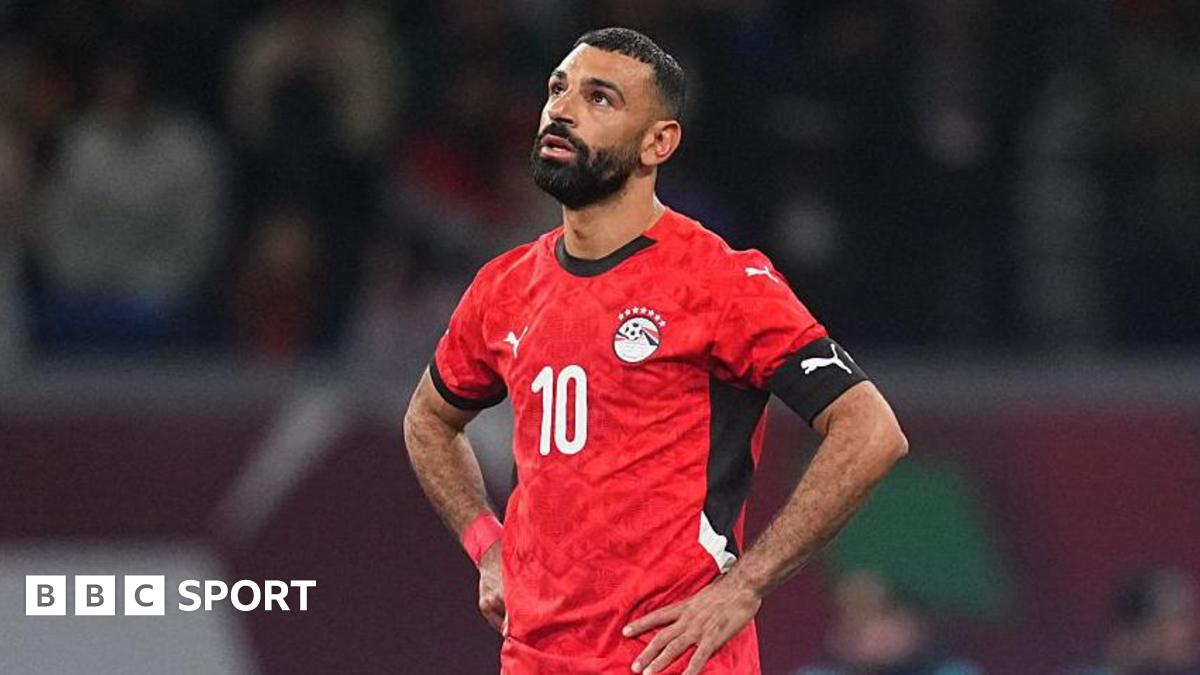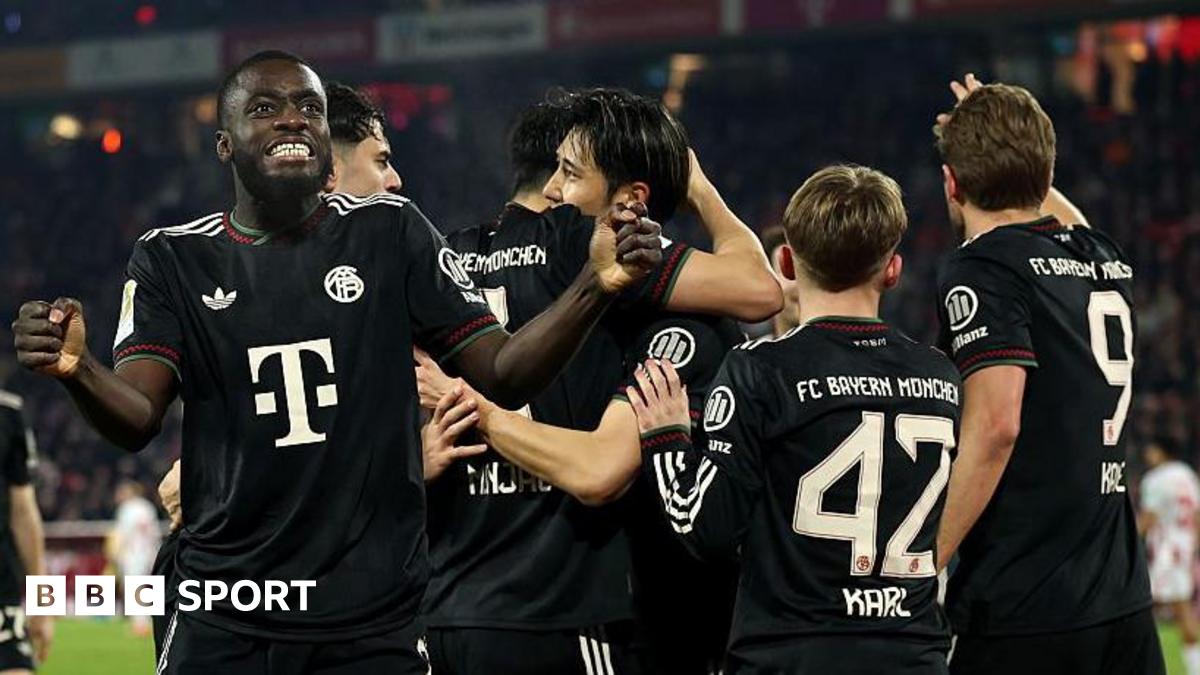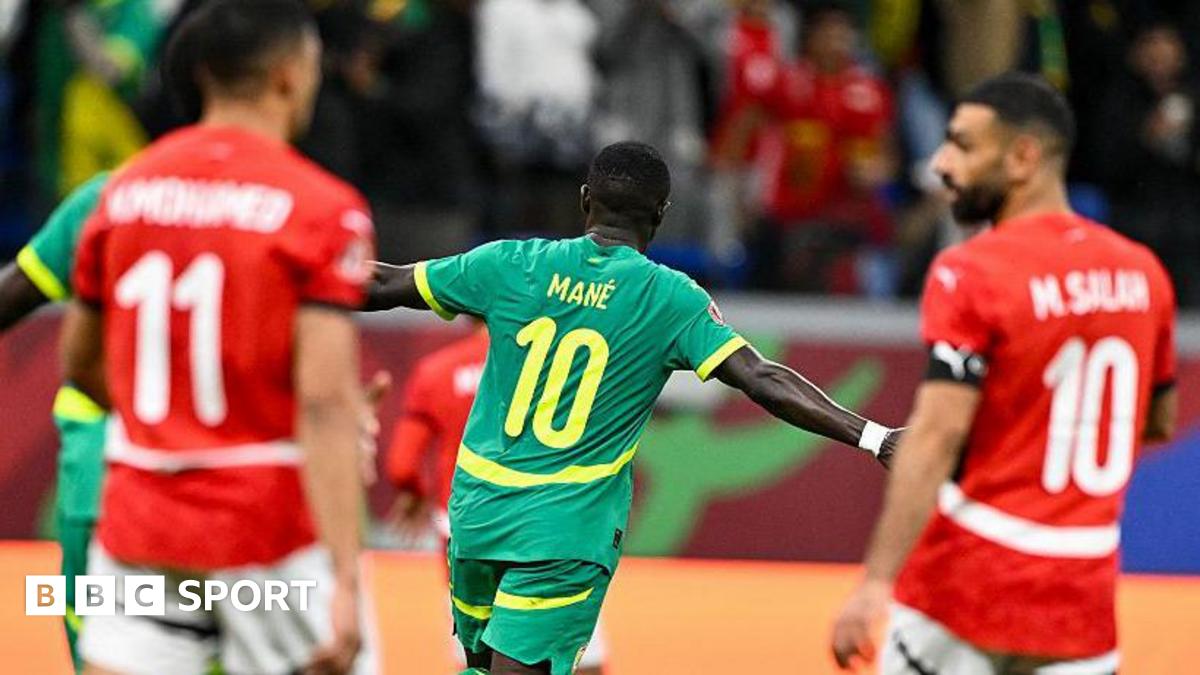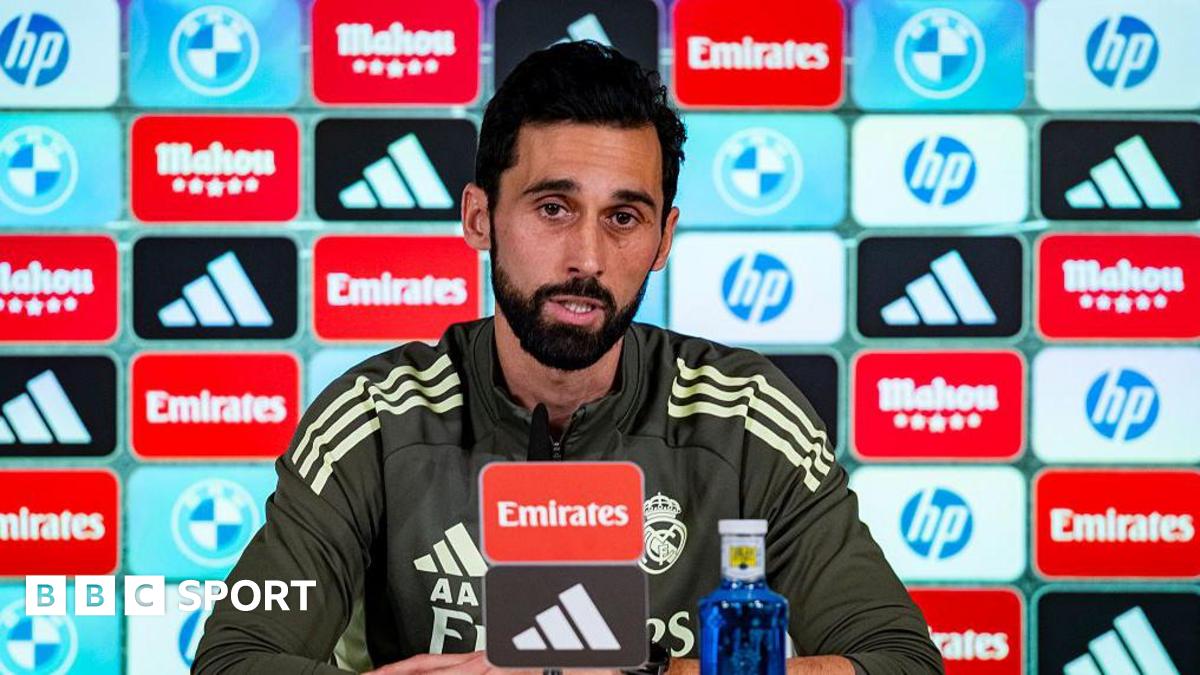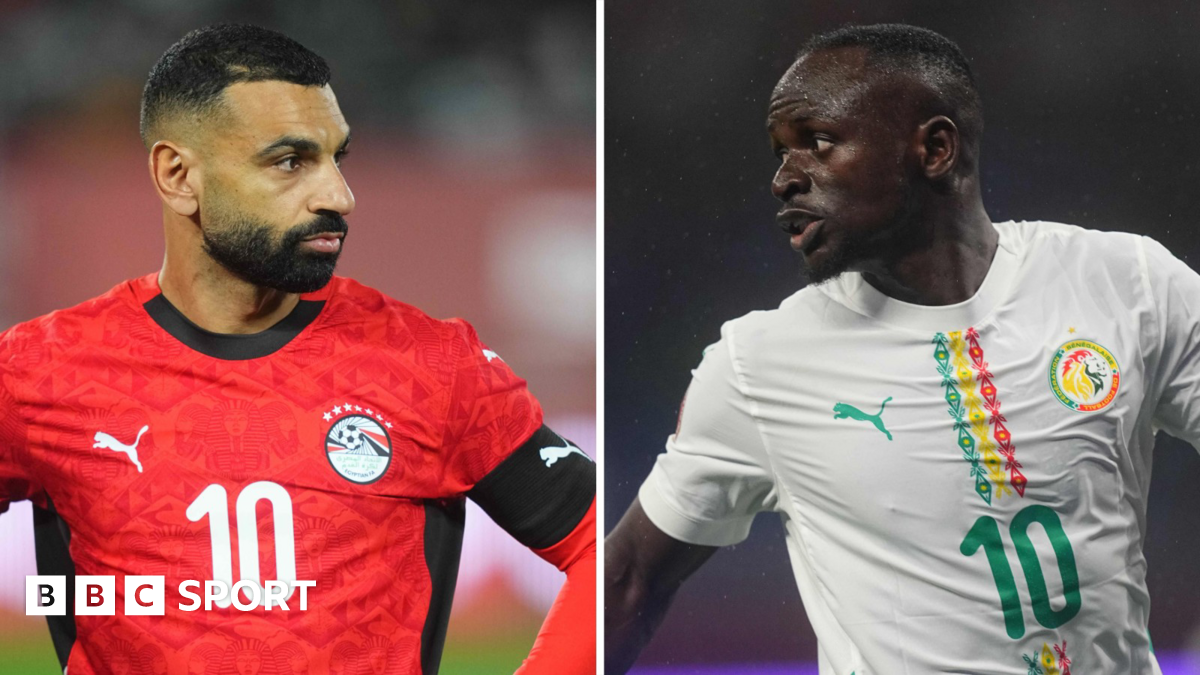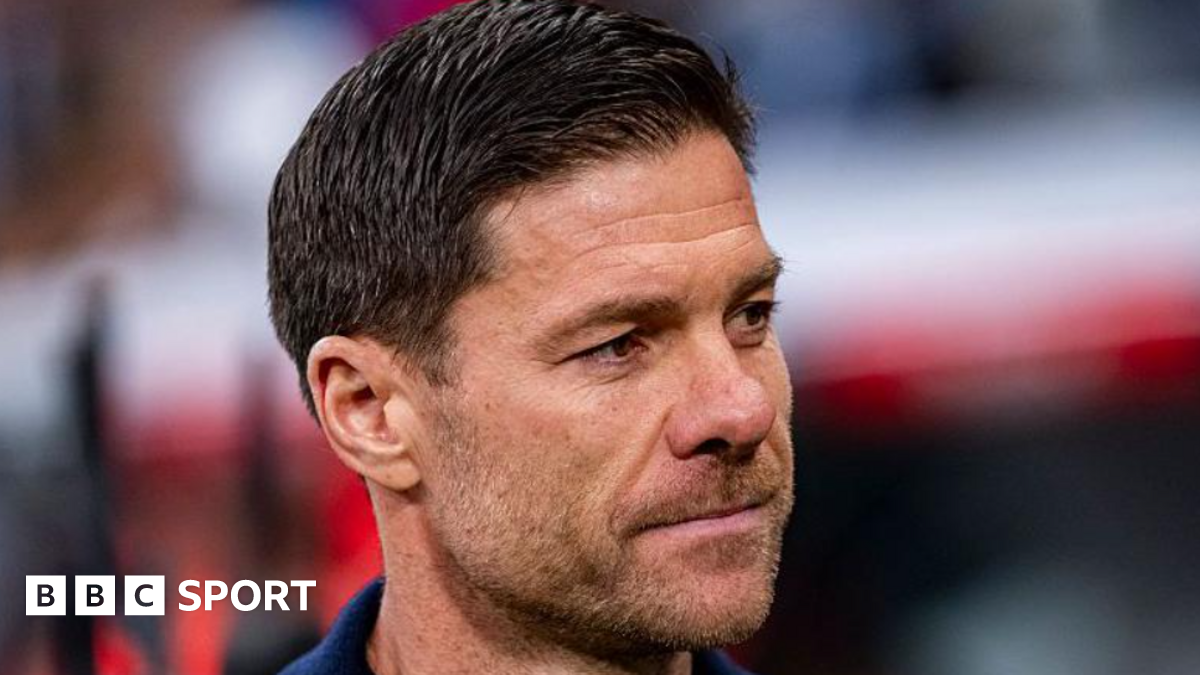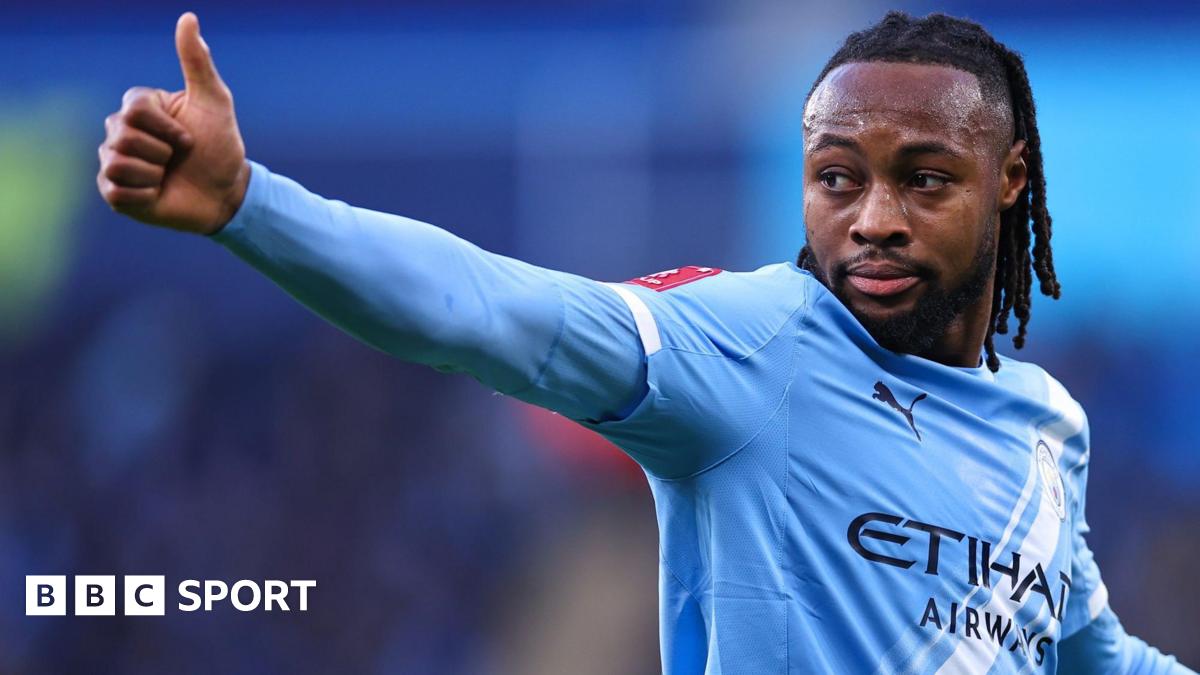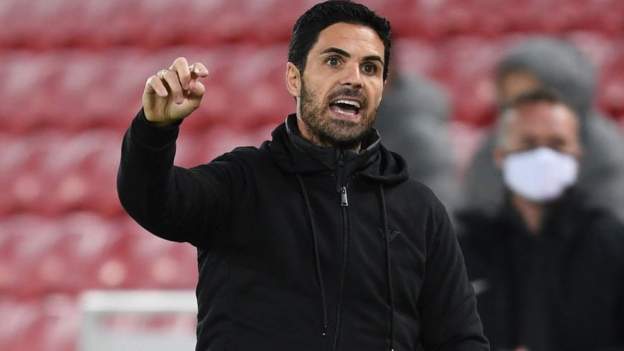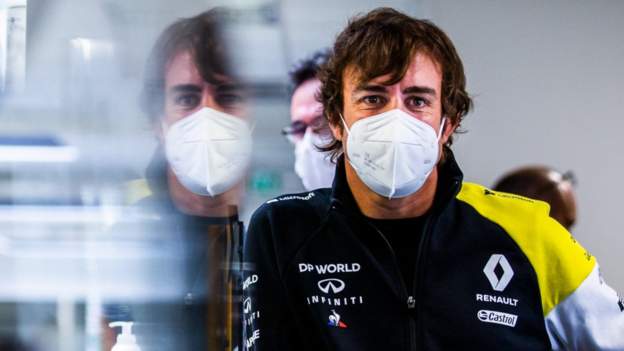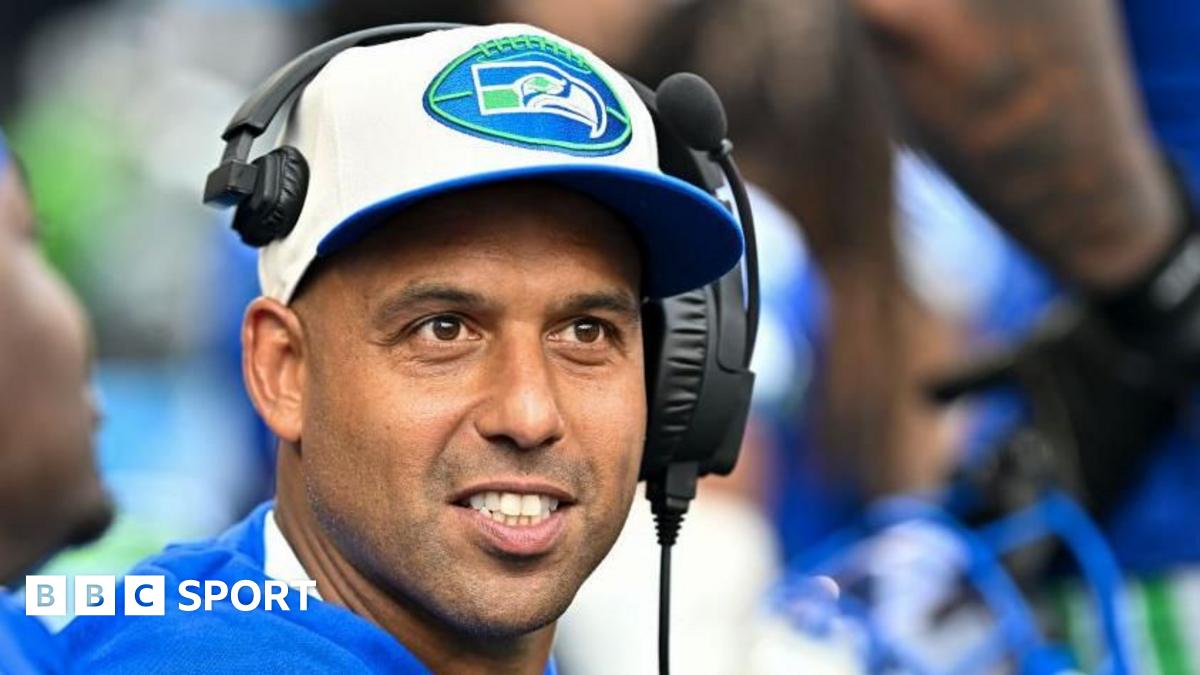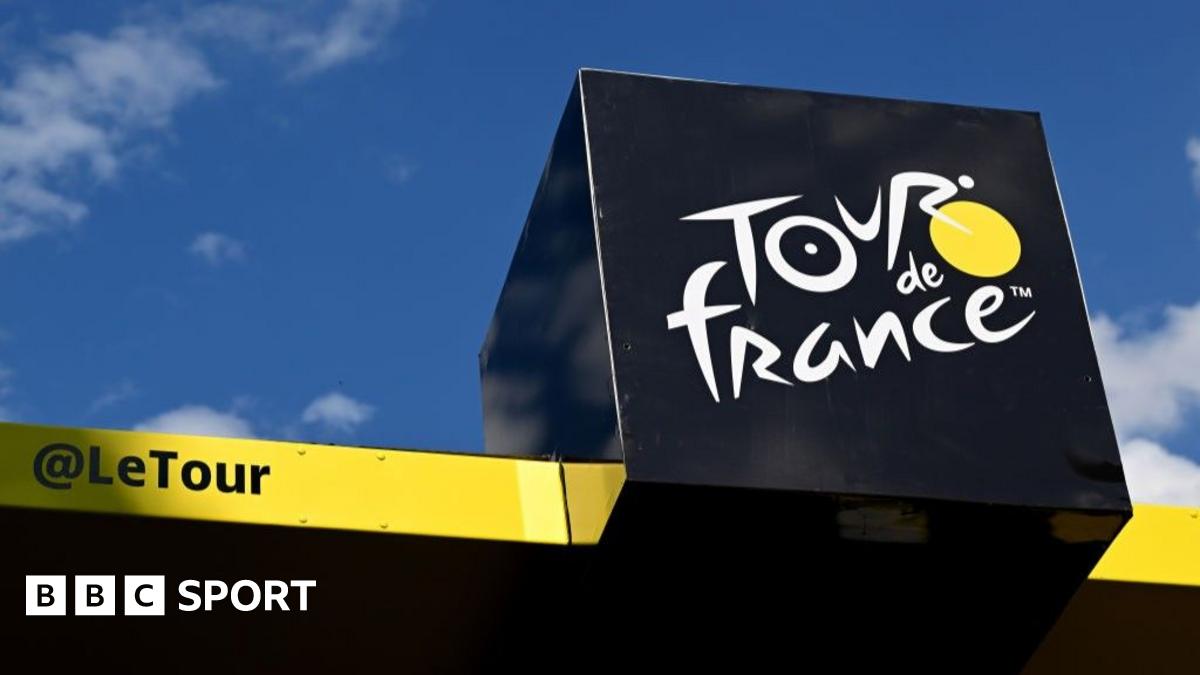Arsenal manager Mikel Arteta says clubs must help each other “make football more sustainable” after plans for Project Big Picture were rejected.
Southampton boss Ralph Hasenhuttl says the plans would make the league “boring” and remove the chance of anyone doing “a Leicester”.
“We have to find a way that works for everybody,” said Arteta.
The Spaniard believes clubs have an obligation to protect the lower leagues and grassroots football.
“That can make this game sustainable and we can still evolve regarding the context we are in at the moment, which is important as well,” he added.
“It’s different to what it was 20 years ago. We have to move. We have to share a vision to achieve that at the end of the day for the benefit of everyone.”
The plans, proposed by Liverpool and Manchester United, were rejected at a meeting of the 20 clubs in England’s top flight, who instead agreed to “work together” on a new “strategic plan” for the “financing of English football”.
They also decided on a £50m rescue package for League One and League Two clubs at the meeting.
“It’s very special the way the Premier League has conducted itself over the years, from playing in another league in Europe,” added Spaniard Arteta.
“I think that is a massive strength. If we can maintain the unity and sustain our way of doing things that is very valuable and the image we protect to the outside world is really strong. I hope that we can maintain that.”

The ‘Project Big Picture’ proposals
- The Premier League cut from 20 to 18 clubs, with the Championship, League One and League Two each retaining 24 teams.
- The bottom two teams in the Premier League relegated automatically with the 16th-placed team joining the Championship play-offs.
- The League Cup and Community Shield abolished.
- Parachute payments scrapped.
- A £250m rescue fund made immediately available to the English Football League and 25% of all future TV deals.
- £100m paid to the Football Association to make up for lost revenue.
- Nine clubs given “special voting rights” on certain issues, based on their long time in the Premier League.

Plans would have made league ‘boring’
Southampton manager Hasenhuttl says he was not surprised the proposals were rejected.
“It’s short thinking because maybe you get immediately a little bit more money or a better advantage for yourself, but in the end it ends up in a league that maybe has one champion for the next nine years, like in Germany or in Italy,” added the Austrian.
“For me, it’s boring, to be honest. What I like so much about the Premier League is that we have every two, three years a new champion. ‘A Leicester’ [who won the league at odds of 5,000-1 in 2015-16] will never be possible with these changes.
“I am very happy that they have seen it is better to stick with what we have done here so far in England.
“The reason why the Premier League is so famous is because it’s the most competitive in the world – a 7-2 result from [Aston] Villa against Liverpool is what makes this league so interesting. This is what nobody wants to miss.”
Meanwhile, Burnley boss Sean Dyche has stressed power in the game should be shared.
Dyche, who has either played or managed in each of England’s top four divisions, says clubs need to find a balance which “all parties can buy into”.
“I played in League One and League Two. Do I want them to suffer? No, I don’t. If there can be a way found from all parties, whether it’s the government, the Premier League or football in general, then I hope somehow a way can be found,” he said.
“What seems to be the narrative is the top six having most of the decision-making power. If you are talking about looking after everyone in the lower leagues, in theory, to look after the Premier League, you share that power.
“Therefore, they should say: ‘OK, we want to look after them but we are going to share that power across the league simply because everyone has earned the right to be in the Premier League. We deserve to be there, we’ve proved that, it’s an ongoing challenge but we are there.’
“It’s fair that everyone should have a say and have agreed moments of who gets what for what reason. And if that can work in the bigger picture – obviously it hasn’t worked in this case – then I’m sure everyone will be willing to play their part.”




